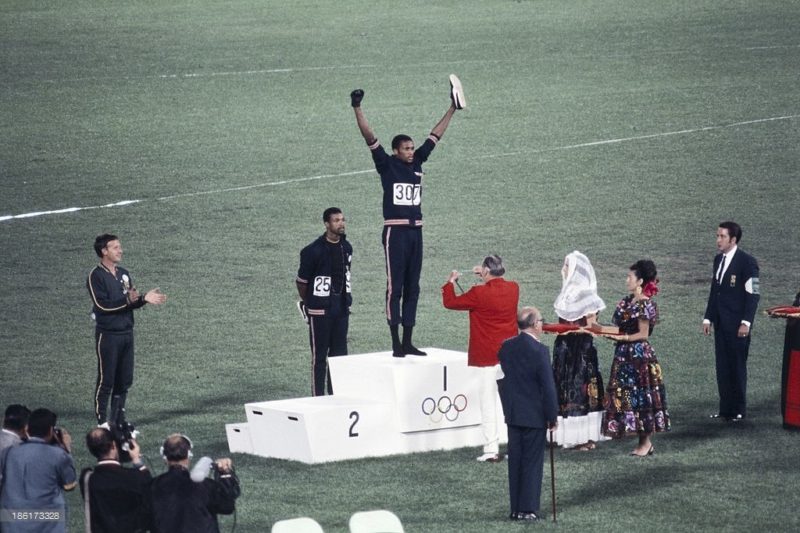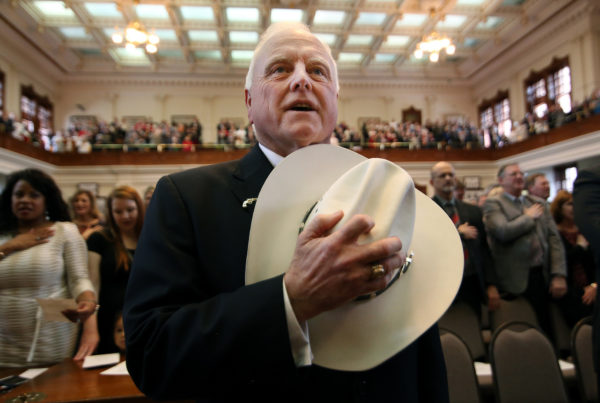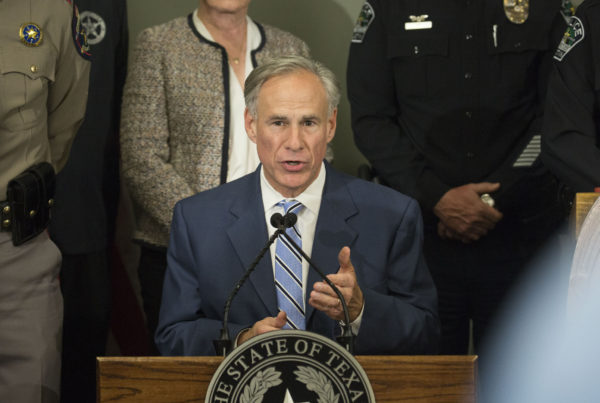The year 1968 – 50 years ago – was momentous in American history. Assassination, war, protests, political change, and groundbreaking entertainment all occupied TV screens and newspaper front pages.
Paul Stekler lived though 1968, and has thought a lot about it. He is a professor in the department of Radio, Television and Film at the University of Texas at Austin. He says the assassination of Martin Luther King Jr., which has been widely commemorated this week, is among the most important events of that year.
“There is a reason why there are so many of these remembrances on television and in editorials,” he says. “Because it was a really dynamic time. But he also left a big legacy.”
Of course, King was not the only leader assassinated in 1968. A few days later, presidential candidate Robert F. Kennedy, who had eulogized King, was killed.
Stekler says “the country just stopped.” He remembers scenes of people gathered along train tracks as a train carrying Kennedy’s casket passed.
The Olympic Games were held in Mexico City that summer, and most people remember them for the protests by two American athletes who raised their fists while standing atop the medal podium.
“One of the things we don’t remember,” Stekler says. “Is that two weeks beforehand, the Mexican government brutally suppressed student demonstrations, firing into a crowd of thousands of people. And we’ve never really figured out how many people died, how many people were arrested and disappeared.”
Protests toppled Charles de Gaulle, the post-World War II hero of France, and marred the Democratic Convention in the U.S.
Political upheaval extended to the kinds of leaders seeking office, and changed many people’s ideas of what political parties were.
“Today we have parties that are fairly consistently ideological,” Stekler says. “This is a legacy, quite frankly, of 1968.”
Written by Shelly Brisbin.
















